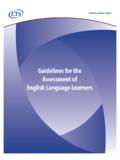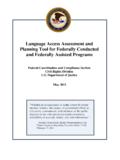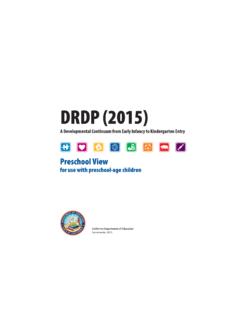Transcription of Assessment Investigation Report - fldoe.org
1 Assessment Investigation February 18, 2015. Table of Contents 1. Executive Summary 3. 2. Recommendations 4. 3. Purpose and Value of Assessments 5. 4. Assessment Definitions 6. 5. History of Florida's Statewide Assessment Program 8. 6. Impact of Florida's Education Reforms on Student Achievement 9. 7. Statewide, Standardized Assessments Requirements and Uses 12. 8. Federal Assessment Requirements 23. 9. Local Assessment Requirements 25. 10. Summary of District Information 27. 11. Appendices A. Testing Times Other Statewide Assessments B.
2 2014-15 Statewide Assessment Schedule C. Computer-Based Testing Transition Chart D. Elementary and Secondary Education Act Assessment language E. Florida Statutes language on Local Assessments F. District-Level, Standardized Assessment Summaries 2. Executive Summary In late 2014 and early 2015, Commissioner Stewart conducted a thorough and comprehensive Investigation of all standardized assessments used in school districts. The first step in conducting this Investigation was to survey districts on the standardized assessments they give.
3 In December 2014, a template was sent to each district to record the following: What district-level, standardized assessments are given What student decisions are based on test results ( , promotion, course grade, progress monitoring; includes additional district uses of statewide, standardized test results). Why students are required to take the test What grade levels or groups of students take the test Whether test information is provided to teachers, parents, and/or students How much time is given for the test on how many days How often and when the test is given In what format the test is given (computer, paper, or other).
4 Information was returned in January 2015 to assist the commissioner in completing the Investigation and this Report , including district-level, standardized assessments that may be summative or interim in nature, and used for benchmarking or progress monitoring. Neither formative assessments nor teacher- developed or teacher-selected assessments are included in the Report . District summaries were drafted by department staff and returned to each district for additional verification. District summaries can be found in Appendix F.
5 To give the district information context, this Report also provides information on Florida's statewide, standardized Assessment program and the state-required use of results. This Report is organized in the following manner: 1. Recommendations 2. Purpose and Value of Assessments 3. Assessment Definitions 4. History of Florida's Statewide, Standardized Assessment Program 5. Impact of Florida's Education Reforms on Student Achievement 6. Statewide, Standardized Assessments Requirements and Uses 7. Federal Assessment Requirements 8.
6 Local Assessment Requirements 9. Summary of District Information 10. Appendices 3. Recommendations Florida has a strong, established statewide, standardized testing program that measures student progress and provides useful information to educators and parents. During the course of the commissioner's Investigation , the department identified several places where the state requirements should be reduced. In order for Florida to move forward with fewer, better assessments, the commissioner recommends enacting the following four measures: 1.
7 Issue an Executive Order to suspend the Grade 11 Florida Standards Assessment (FSA) for English language arts until legislation is enacted to eliminate the mandate. Since students meet their English language arts graduation requirement upon completion of the grade 10 Assessment , the Grade 11 FSA for English language arts is no longer needed. 2. Enact legislation to eliminate the Postsecondary Education Readiness Test (PERT) as a state mandate for grade 11 and make it optional. The department believes that the PERT current practice should continue as an option for students in high school and local colleges.
8 Rigorous standards and increased graduation requirements are in place to ensure college and career readiness upon high school graduation. 3. Enact legislation to eliminate the current progress monitoring requirements. The department believes current state requirements are overly prescriptive and progress monitoring decisions should be left at the district level. 4. Enact legislation to eliminate local final exams in courses/subjects where there is also a statewide, standardized end-of-course exam. Current statewide end-of-course assessments are Algebra 1, Algebra 2, Geometry, History, Biology 1, and Civics.
9 Further, the commissioner urges districts to consider the following recommendations: 1. Give no more than one school-wide or district-wide interim Assessment per course/subject per grading period. Interim assessments are administered at certain times during the school year, and can be used to predict a student's ability to succeed on a summative Assessment or to diagnose student learning gaps. 2. Don't test students for the sole purpose of evaluating teachers. It is important to recognize the contribution of teachers in students' learning.
10 Students already take tests to determine whether they know their subject matter and districts should use information from these tests to help gauge teacher performance. 3. Provide teachers, parents, and students with information about how students are doing on each Assessment used to monitor student progress. Teachers, parents, and students deserve to know how well students are grasping the content they are taught. For parents, this information can be a sign that their child could benefit from additional assistance, while teachers may use the information to adapt their lessons to meet students' needs.
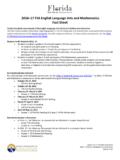
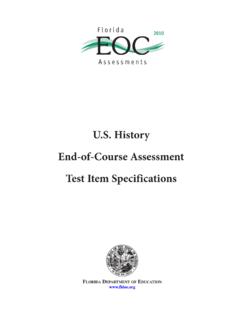
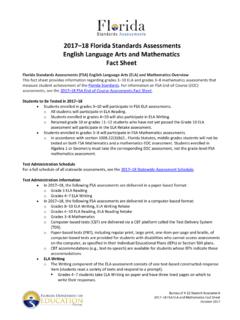
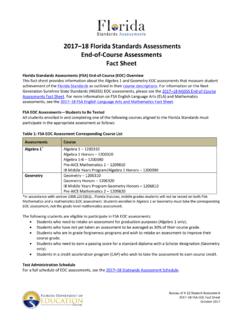
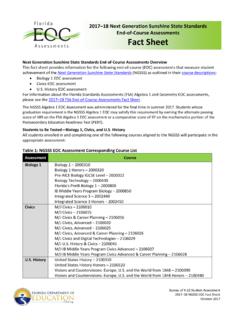
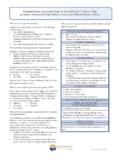
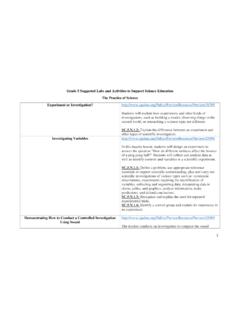
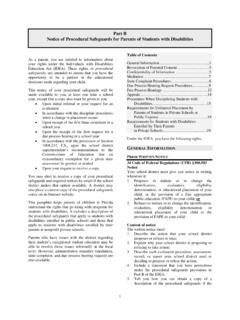

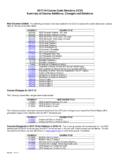
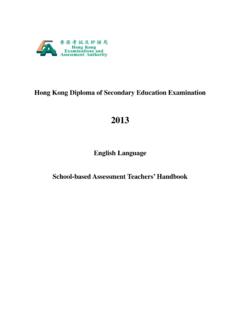
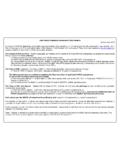

![The Ontario Curriculum, Grades 1-8, Language [revised] 2006](/cache/preview/d/5/3/5/d/c/7/4/thumb-d535dc7439a04910d8a17bf7f1d6b83f.jpg)
